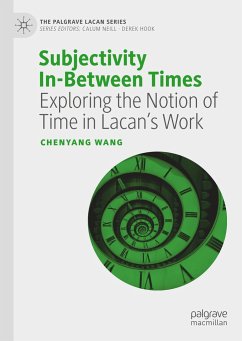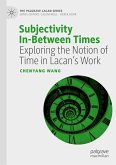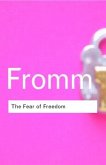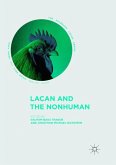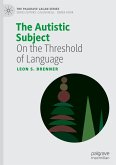This book is the first to systematically investigate how the notion of time is conceptualised in Jacques Lacan's work. Through a careful examination of Lacan's various presentations of time, Chenyang Wang argues that this notion is key to a comprehension of Lacan's psychoanalytic thinking, and in particular to the way in which he theorises subjectivity. This book demonstrates that time is approached by Lacan not only as consciously experienced, but also as pre-reflectively embodied and symbolically generated. In an analysis that begins with Lacan's "Logical Time" essay, Chenyang Wang articulates three temporal registers that correspond to Lacan's Real-Symbolic-Imaginary triad and also demonstrates how Lacan's elaboration of other major themes including consciousness, body, language, desire and sexuality is informed by his original perspectives on time. Filling a significant gap in contemporary Lacanian studies, this book will provide essential reading for students and scholars ofpsychoanalytic theory, continental philosophy and critical theory.

